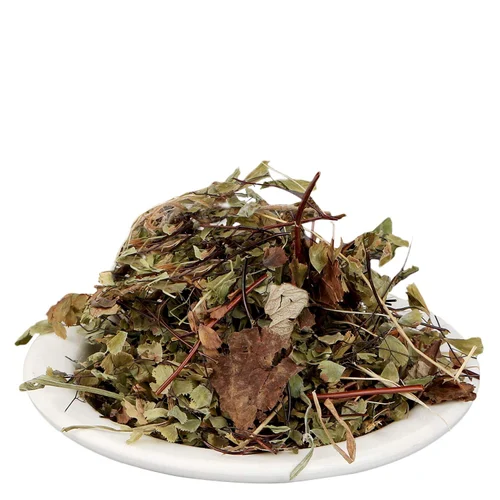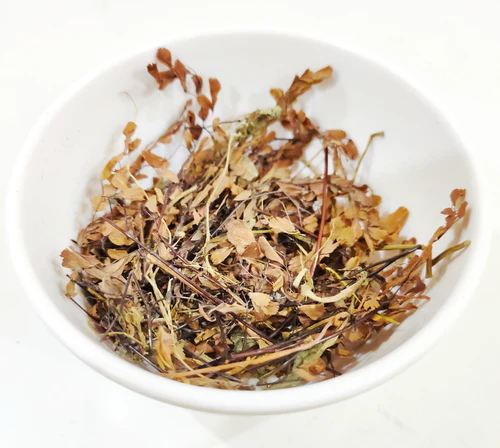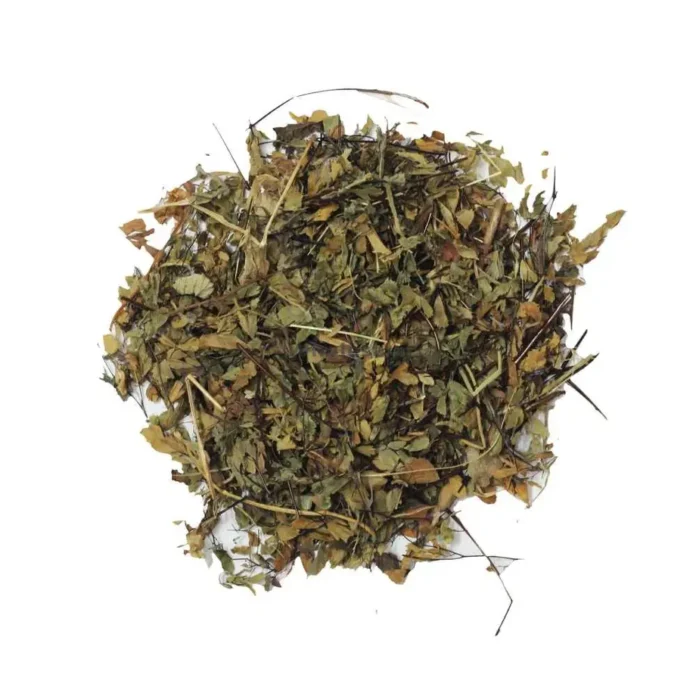INTRODUCTION:
Hansraj, also known as Pershosha, is a medicinal fern widely used in traditional Unani, Ayurvedic, and folk medicine systems. Its botanical name is Adiantum capillus-veneris, and it is commonly referred to as Maidenhair Fern in English.This delicate, feathery fern grows naturally in moist, shady, and humid environments—such as near waterfalls, on damp rocks, and forested areas. It is native to many parts of Asia, Europe, and North Africa, and is especially popular in traditional herbal practices in India, Pakistan, and Iran.

English: Maidenhair Fern
Urdu: ہنس راج (Hansraj), پرسیاؤشاں (Pershosha)
Hindi: हंसराज (Hansraj), परस्योषा
Sanskrit: Hanspadi, Tripadika
Arabic (Unani): برشاوشان (Barshaushan), شعر الجبار
Persian: پرسیاؤشان (Pershaushan)
Punjabi: ਹੰਸਰਾਜ (Hansraj)
Tamil: மயில் தழை செடி (Mayil tazhai soppu) (local name)
Telugu: చిలక చెట్టు ఆకులు (Chilaka chettu aaku) (unofficial)
Bengali: হংসরাজ (Hansraj)
Gujarati: હંસરાજ (Hansraj)
Marathi: हंसराज (Hansraj)
HEALTH BENEFITS:

Promotes hair growth:
It is used to nourish and strengthen hair, leading to a healthier scalp and potentially reducing hair loss.
Adds body and sheen to hair:
In ancient times, it was known for providing a healthy shine and fullness to hair.
Soothes skin:
Its soothing properties can help reduce inflammation and irritation, making it beneficial for sensitive or acne-prone skin.
Moisturizes skin:
It can be incorporated into facial masks or oils to moisturize the skin.
Respiratory support:
Hansraj is traditionally used to treat respiratory disorders, including coughs, asthma, and bronchitis.
Antioxidant properties:
It contains antioxidants that may contribute to overall wellness.
Anti-microbial and Anti-fungal activity:
The herb also possesses anti-microbial and anti-fungal properties.
Potential anti-diabetic effects:
Some sources indicate it may have anti-diabetic activity.
Coughs and bronchitis:
As an expectorant, Hansraj helps clear mucus from the airways, easing breathing and suppressing coughs. It has been used for both general coughs and more severe conditions like whooping cough.
Asthma:
The herb is traditionally used to provide relief from asthma and other bronchial diseases.
Fever:
Hansraj is believed to have antipyretic properties that help reduce fever and combat associated symptoms.
SIDE EFFECTS:

Pregnancy:
Hansraj has an anti-implantation effect, so it is contraindicated and should not be consumed by pregnant women.
Allergic reactions:
Some people may experience allergic reactions or skin irritation from using Hansraj, especially when applied topically. It is recommended to perform a patch test on a small area of the skin before a full application to test for sensitivity.
General safety:
As with any herbal supplement, it is best to use Hansraj under the guidance of a healthcare professional. Always consult a doctor before use, particularly if you have any pre-existing medical conditions.
HOW TO USE:
As a Decoction (Kadha / Joshanda)
Purpose: Cough, cold, bronchitis, asthma, sore throat
How to prepare:
Boil 5–7 grams of dried Hansraj leaves in 1–2 cups of water
Simmer for 10–15 minutes until the water is reduced by half
Strain and drink warm
You may add honey for taste and additional soothing effect
Dosage: 1–2 times daily
As Herbal Tea

Purpose: General wellness, respiratory cleansing
How to prepare:
Use 1 teaspoon of dried Hansraj leaves
Add to a cup of boiling water and steep for 5–10 minutes
Strain and drink like tea
Optional Additions: Tulsi, mulethi (licorice), or ginger for added benefits
As Hair Oil (Infused Oil)
Purpose: Hair loss, dandruff, scalp dryness
How to prepare:
Crush a handful of fresh or dried Hansraj leaves
Heat in coconut or mustard oil on low flame for 10–15 minutes
Let it cool, strain, and store in a glass bottle
Apply to scalp 2–3 times a week
As a Paste (for Skin Use)
Purpose: Boils, wounds, minor skin infections
How to prepare:
Make a paste of fresh leaves with water or rose water
Apply directly to the affected area
Leave for 15–20 minutes, then wash off
Frequency: Once daily or as advised
Fresh Leaf Juice
Purpose: Cough, urinary retention, detox
How to prepare:
Crush fresh Hansraj leaves
Squeeze and strain to extract juice
Dosage: 5–10 ml mixed with honey or water, once a day
Precautions
Always consult a qualified herbalist or physician before using regularly.
Avoid during pregnancy and breastfeeding without medical advice.
Overuse may cause dryness or stomach upset.
Ensure herb is clean and free from contamination.




